Breaking the Cycle of Poverty through Education
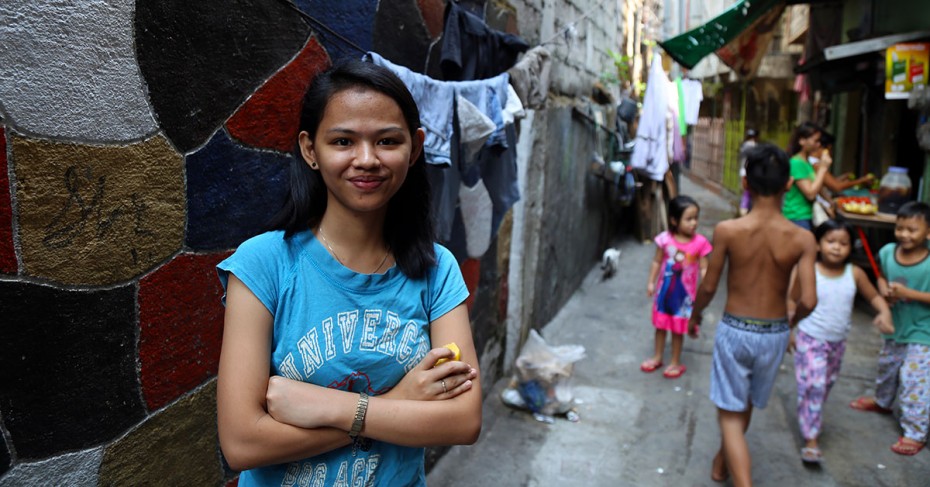
Sarah Mae and Rizza Mae are about to exit from the Child Sponsorship Development Program feeling ready to face the world. Having learned valuable lessons and skills, they are breaking the cycle of poverty in their lives.
Continue Reading ›International Day for the Eradication of Poverty: Leave No One Behind
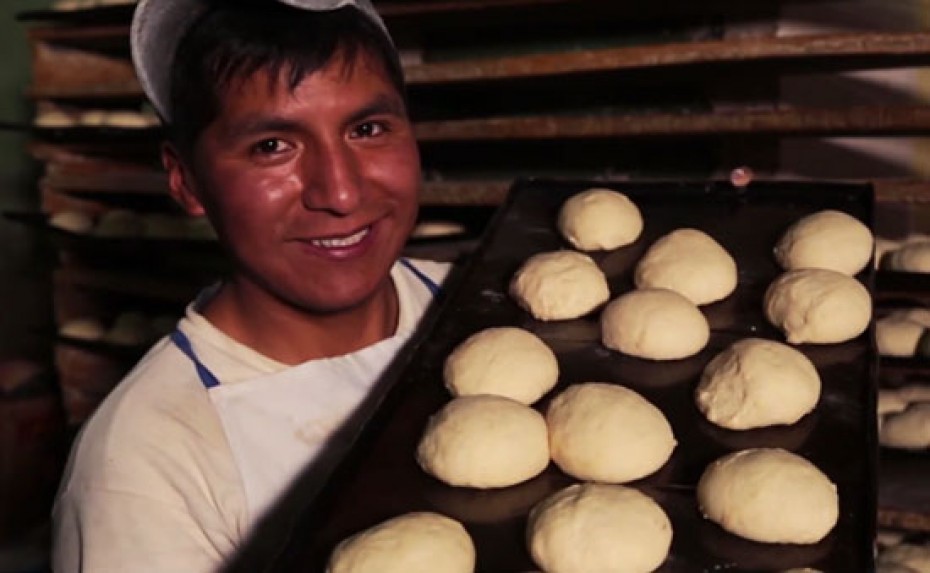
This Friday, October 17 is the International Day for the Eradication of Poverty, also known as World Poverty Day. This year’s theme is “Leave no one behind: think, decide and act together against extreme poverty.” Meet Oscar, a Compassion graduate, and learn what you can do to spread awareness.
Continue Reading ›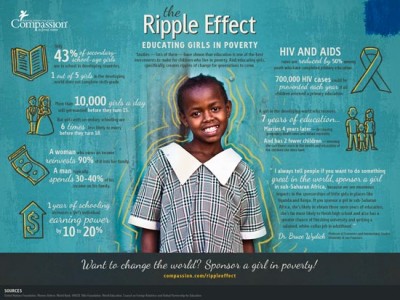
Female Literacy: Educating Girls in Poverty
When it comes to extreme poverty, many studies have shown that education is one of the best investments for helping release children from its hope-crushing grip. And educating girls—female literacy—creates ripples that extend for generations.
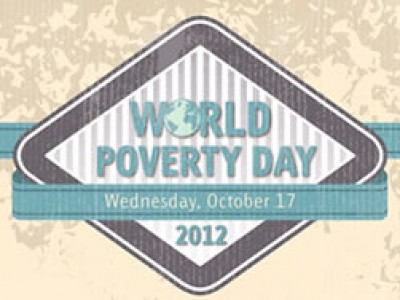
World Poverty Day: Will You Share the Need?
One billion children world-wide lack basic needs such as food, shelter and clean water. Please share today, World Poverty Day, how blessed we are and how great the need is.

There’s More Hay to Haul
UNICEF recently announced that the number of children dying from preventable diseases around the world has dropped dramatically. But there’s more hay to haul.
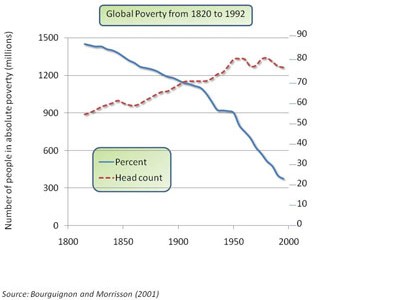
The Ability to Eliminate Extreme Poverty Is Just a Matter of Priorities
The Church’s ability to eliminate extreme poverty is just a matter choosing to do so. We used to say that 40,000 children under age 5 die every day of hunger or preventable diseases. Today, that number is 24,000. These statistics show that in 20 years the number of children who die every day of hunger or preventable diseases has been cut in half. Yet, the birth rate is actually going up. The population is increasing.
Give Up On Serving the Poor?
I read a blog post the other day that I want to share with you. It’s titled Why I Stopped Serving the Poor, and it was written by Claudio Oliver of Curitiba, Brazil. His grandparents founded the Salvation Army in Brazil.
“Without exception, rich and poor have the same conviction that what they need is something that the market, money, the government or some other agency can offer them.”
I don’t remember how I stumbled across his post, but I do know it rocked me to the core. And it’s a pretty timely subject since Saturday is the International Day for the Eradication of Poverty.
“The only way to remain with the poor is if we discover that we are the miserable ones. We remain with the poor when we recognize ourselves, even if well disguised, in him/her who is right before our eyes. When we can see our own misery and poverty in [the poor], when we realize our own needs and our desperate need to be saved and liberated, then and only then will we meet Jesus and live life according to His agenda.”
Pretty much every word I read resonated deeply within me. It was refreshing to hear a Christian talk in such a counter-cultural way about poverty.
“Jesus doesn’t have any good news for those who serve the poor. Jesus didn’t come to bring good news of the Kingdom to those who serve the poor; he brought Good News to the poor. He has nothing to say to other saviors who compete with him for the position of Messiah, or Redeemer.”
The thing that struck me most was the author’s humility. He speaks about his own journey with a transparency that gives credence to his words.
“Over the years I’ve discovered that the very position of serving the poor from a commitment to “liberate” them, has been filled with a sense of superiority.”
I have been racking my brain for days trying to come up with a way to get you interested enough to read the post. After many abandoned attempts, I decided to just take the direct route.
You should read the article, Why I Stopped Serving the Poor. I promise … it will be worth your time.
“I have given up on serving the poor. I’m going back to encountering the poor and finding myself in them.”
The Ability to Eliminate Poverty: Is It Just a Matter of Interpretation?
Is our ability to eliminate poverty just a matter of how we interpret the Bible? John 12:7-8 is the verse that has captured our thoughts as we think about the poor. The verse that is now the most remembered about the poor.
And yet, when Jesus spoke, he was not talking to us. His use of “you” was not intended to be directed at us. This reference, this statement, was very specifically directed at Judas.
Eliminate Poverty: Can We Do It or Not?
On the subject of eliminating poverty, how do we reconcile the seemingly conflicting messages of John 12:8 and Deuteronomy 15:4?
Poverty Stops Here
The Community That Ended Poverty
Just the other day I read something in the Bible that, although I must have read it a hundred times before, never jumped out at me the way it did this time. The words practically threw themselves off the page. I was reading at the end of Acts 4 …
“All the believers were one in heart and mind. No one claimed that any of his possessions was his own, but they shared everything they had. With great power the apostles continues to testify to the resurrection of the Lord Jesus, and much grace was upon them all. There were no needy persons among them. For from time to time those who owned lands and houses sold them, brought the money from the sales and put it at the apostles’ feet, and it was distributed to anyone as he had need.” – Acts 4:32-35 (NIV)
Wait a minute … did I read that right? There were no needy persons among them. How did I miss this before?
Back in July we had a discussion about whether or not we should – or even can – end poverty. It was a good discussion with some very insightful comments.
This verse wasn’t mentioned in that discussion, but as I read the verse I started to ponder something.
If the believers in Acts were able to essentially eradicate poverty among their community, why couldn’t we (the Church) follow their lifestyle and do the same today? What would happen if churches would simply start following the model of the Church in Acts? Could we eliminate poverty?
What do you think? Does this verse change how you think about poverty and the Church’s role in ending it?
Why Does Poverty Exist?
Have you been following the discussion on this post – Why We Can’t End Poverty?
It’s been lively, deep, heated, tense, stimulating, frustrating and just simply down home good. We like honesty.
The comment thread birthed a related, but new subject. We’d like to give our new baby its own home.
Welcome!
Let us know what you think. Why does poverty exist?


